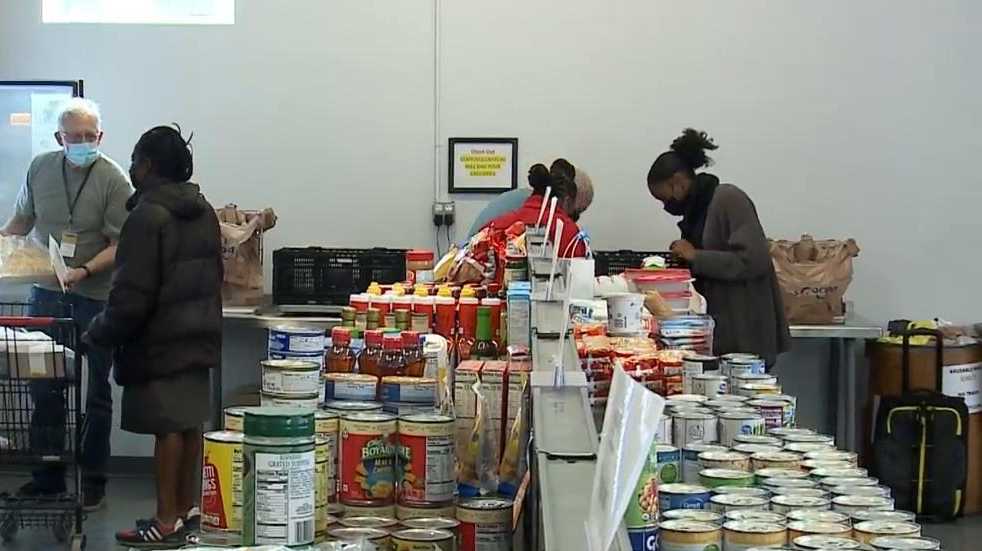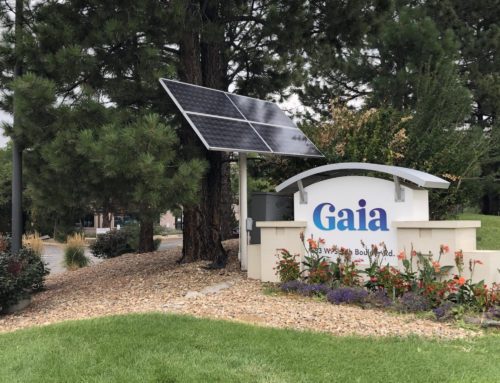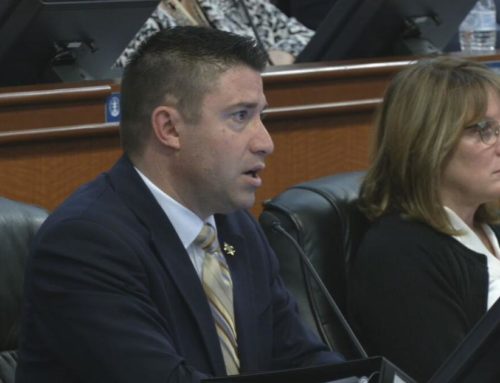This post was originally published on this site

For many, the expiration this week of COVID-19-era federal food assistance in some states serves as one more sign the pandemic is over.However, at the Sister Visitor Center food pantry in Louisville, demand for food assistance is greater than ever. “I’m struggling one dime to another dime,” said Mary Whitten, a pantry customer who was stocking up on food Monday. “They help me a lot.”Like many other clients, Whitten has seen inflation stretch her limited finances like never before.The Sister Visitor Center saw demand at its food pantry jump in 2021, from 500 visits per month to 1,400. But 2022 did not see a reversal in that trend – instead, demand continued to grow to 2,000 visits per month as of January.Laura Williams has been the pantry manager for eight months and noticed a change during her tenure there. “We’re seeing people come back more on a weekly basis,” she said. “Just not only their monthly shop, they’re coming back weekly to get their bread, to get their produce, to get additional type canned goods to assist them to get us through the rest of the month.”The pantry customers have many different stories and varying reasons for coming, although many mention inflation at the grocery store, Williams said. There could be another reason demand at pantries has continued to grow, said Jessican Klein, a policy association at the Kentucky Center for Economic Policy. Kentucky’s Republican state lawmakers voted last year to withdraw from the supplemental food assistance, ending the extra payments through SNAP benefits in April 2022.That cost the average SNAP recipient an extra $100 per month and cost the state $558 million, Klein said.”So that’s really what we’re seeing, an increase in people needing emergency assistance, like a food bank or a food pantry,” she said.As the remain states drop off the program, the U.S. Senate is debating whether to extend some extra SNAP benefits as it debates the five-year Farm Bill.Advocates like Klein hope they will at least drop the work requirement and offer waivers to groups such as college students, although some Republicans have said they would like to see a smaller SNAP program, not a larger one.In the meantime, many food pantries are prepared for demand to keep growing.
For many, the expiration this week of COVID-19-era federal food assistance in some states serves as one more sign the pandemic is over.
However, at the Sister Visitor Center food pantry in Louisville, demand for food assistance is greater than ever.
Advertisement
“I’m struggling one dime to another dime,” said Mary Whitten, a pantry customer who was stocking up on food Monday. “They help me a lot.”
Like many other clients, Whitten has seen inflation stretch her limited finances like never before.
The Sister Visitor Center saw demand at its food pantry jump in 2021, from 500 visits per month to 1,400. But 2022 did not see a reversal in that trend – instead, demand continued to grow to 2,000 visits per month as of January.
Laura Williams has been the pantry manager for eight months and noticed a change during her tenure there.
“We’re seeing people come back more on a weekly basis,” she said. “Just not only their monthly shop, they’re coming back weekly to get their bread, to get their produce, to get additional type canned goods to assist them to get us through the rest of the month.”
The pantry customers have many different stories and varying reasons for coming, although many mention inflation at the grocery store, Williams said.
There could be another reason demand at pantries has continued to grow, said Jessican Klein, a policy association at the Kentucky Center for Economic Policy.
Kentucky’s Republican state lawmakers voted last year to withdraw from the supplemental food assistance, ending the extra payments through SNAP benefits in April 2022.
That cost the average SNAP recipient an extra $100 per month and cost the state $558 million, Klein said.
“So that’s really what we’re seeing, an increase in people needing emergency assistance, like a food bank or a food pantry,” she said.
As the remain states drop off the program, the U.S. Senate is debating whether to extend some extra SNAP benefits as it debates the five-year Farm Bill.
Advocates like Klein hope they will at least drop the work requirement and offer waivers to groups such as college students, although some Republicans have said they would like to see a smaller SNAP program, not a larger one.
In the meantime, many food pantries are prepared for demand to keep growing.



